Home>diy>Building & Construction>What Are The Trades In Construction
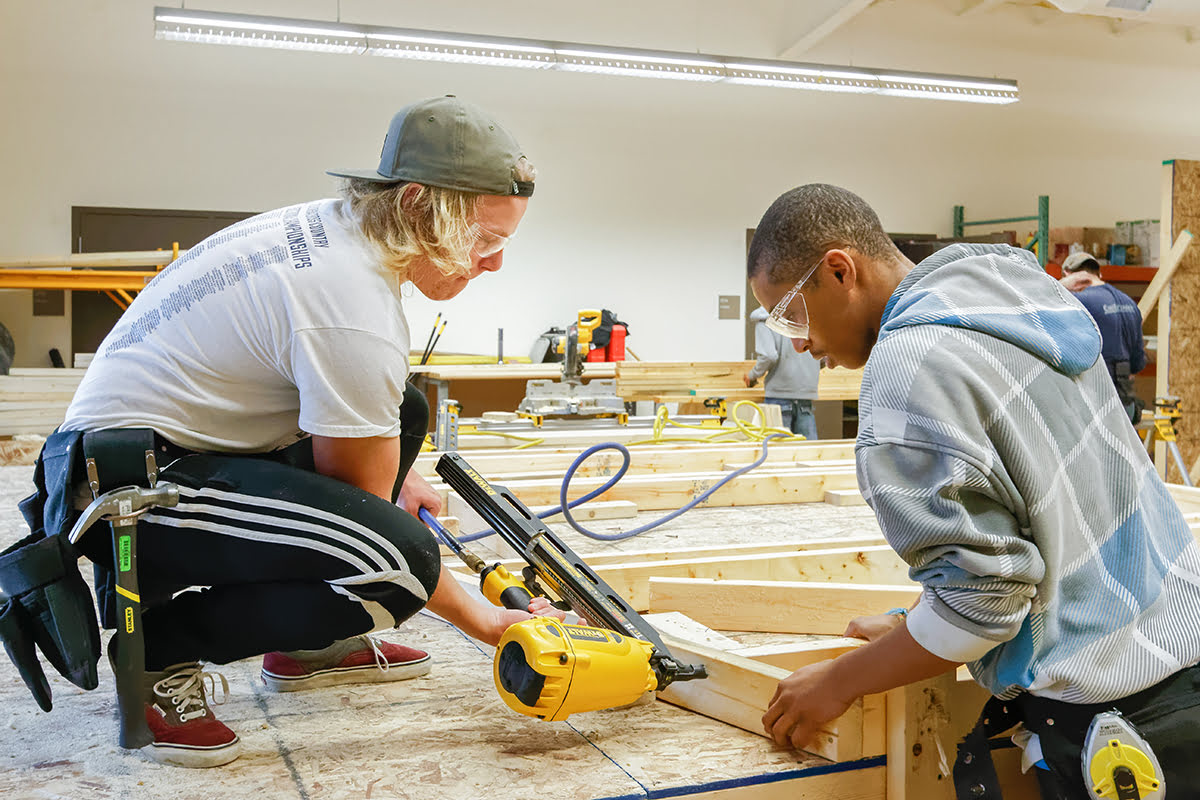

Building & Construction
What Are The Trades In Construction
Modified: March 24, 2024
Learn about the various trades in building construction, including carpentry, electrical work, plumbing, and more. Gain insights into the different roles and skills required in the construction industry.
(Many of the links in this article redirect to a specific reviewed product. Your purchase of these products through affiliate links helps to generate commission for Storables.com, at no extra cost. Learn more)
Introduction
When it comes to building construction, there are numerous trades involved, each specializing in a specific aspect of the project. These tradespeople are the backbone of the construction industry, working diligently to bring architectural plans to life. From carpenters to electricians, plumbers to masons, there is a wide range of skilled professionals contributing to the construction process.
In this article, we will explore the different trades in construction, highlighting their roles, responsibilities, and the specialized skills they bring to the table. Understanding the various trades can help you gain insight into the complex web of expertise that goes into constructing buildings, whether it be residential, commercial, or industrial.
If you’ve ever wondered who to call when you need a specific job done on a construction site, or if you’re considering a career in the construction industry and want to explore different avenues, this article will provide you with a comprehensive overview of the trades involved.
So without further ado, let’s dive into the world of construction trades and explore the fascinating work carried out by these skilled professionals.
Key Takeaways:
- The construction industry relies on a diverse range of skilled trades, from carpenters and electricians to roofers and landscapers, each playing a crucial role in bringing architectural plans to life.
- Skilled trades in construction bring expertise, precision, and creativity to create safe, durable, and visually appealing structures, shaping the built environment we inhabit and contributing to the dynamic and rewarding field of construction.
Read more: What Is A Trade In Construction
Carpenter
The carpenter is an essential trade in the construction industry. They specialize in working with wood, creating structures, and installing various fixtures and fittings. Carpenters often work on both residential and commercial projects, shaping the framework of buildings with precision and craftsmanship.
One of the primary responsibilities of a carpenter is to read and interpret blueprints and construction plans. They work closely with architects and project managers to understand the design specifications and ensure accurate execution. Carpenters use a variety of tools, such as saws, drills, and chisels, to cut and shape wood materials to create foundations, walls, floors, and roofs.
In addition to structural work, carpenters are skilled in finishing tasks. This includes installing doors, windows, stairs, cabinets, and moldings. They have a keen eye for detail and take pride in creating visually appealing and functional woodwork.
Carpentry requires physical strength, as carpenters often lift heavy materials and work with power tools. They also need excellent hand-eye coordination and problem-solving skills to overcome challenges that may arise during the construction process.
With the rise in sustainable construction practices, carpenters have also become proficient in working with eco-friendly materials such as bamboo and reclaimed wood. They play a vital role in constructing environmentally friendly structures that minimize carbon footprints.
Overall, carpenters are instrumental in bringing architectural designs to life. Their craftsmanship, precision, and attention to detail are key factors in creating sturdy and visually appealing structures. Whether it’s building a custom-made piece of furniture or framing the walls of a new home, carpenters truly are the backbone of the construction industry.
Electrician
An electrician is a highly skilled professional in the construction industry who specializes in handling electrical systems and equipment. From wiring buildings to installing and maintaining electrical fixtures, electricians play a critical role in ensuring the safety and functionality of a structure’s electrical infrastructure.
One of the key responsibilities of an electrician is to read and interpret electrical blueprints and technical diagrams. They use this knowledge to determine the appropriate placement of electrical outlets, switches, and lighting fixtures. Electricians also calculate electrical loads to ensure that the electrical system can handle the anticipated power requirements of a building.
Electricians also install and repair electrical wiring and systems. This includes running wires through walls, ceilings, and conduits, connecting electrical equipment, and conducting thorough testing to ensure that everything is working correctly and meets safety standards.
Furthermore, electricians are equipped with in-depth knowledge of electrical codes and safety regulations. They ensure that all electrical work is in compliance with these standards to prevent potential hazards such as electrical fires, electrocution, and electrical malfunction.
In addition to installation and repair work, electricians also perform routine maintenance on electrical systems to identify and address potential issues before they become major problems. They troubleshoot electrical failures, diagnose faults, and replace faulty components to restore functionality.
With the increasing demand for energy-efficient solutions, electricians are also involved in the installation of renewable energy systems, such as solar panels and wind turbines. They integrate these systems into existing electrical infrastructure, providing sustainable energy solutions to clients.
Electricians undergo extensive training and apprenticeships to gain the necessary skills and knowledge needed for their profession. Their expertise in handling complex electrical systems makes them an invaluable asset in the construction industry.
In summary, electricians are responsible for ensuring that electrical systems in buildings are installed, maintained, and repaired with precision and adherence to safety standards. Their role is crucial in providing power and connectivity in the modern world of construction.
Plumber
In the realm of construction, plumbers are the experts when it comes to the installation, maintenance, and repair of plumbing systems. These skilled professionals play a vital role in ensuring the proper functioning of water supply, drainage, and sewage systems in residential, commercial, and industrial buildings.
One of the primary responsibilities of a plumber is to interpret building plans and blueprints to determine the most efficient and effective placement of plumbing fixtures. This includes installing pipes, valves, faucets, toilets, sinks, and showers. Plumbers also connect these fixtures to the main water supply and sewage disposal systems, ensuring a seamless flow of water throughout the building.
Plumbers are experts in working with various materials, such as copper, plastic, and steel pipes. They use specialized tools and equipment to cut, bend, and join pipes, ensuring a tight and leak-free connection. Their knowledge of plumbing codes and regulations ensures that all installations comply with safety standards and regulations.
Additionally, plumbers are skilled in repairing and maintaining plumbing systems. They diagnose plumbing issues such as leaks, clogs, and blockages and employ the necessary techniques to resolve them. Plumbers are also proficient in troubleshooting complex systems, including water heaters, pumps, and irrigation systems.
With the increasing emphasis on sustainable practices, plumbers are also involved in the installation of water-saving fixtures such as low-flow toilets, showerheads, and efficient irrigation systems. They contribute to conserving water resources and reducing environmental impact in the construction industry.
Plumbing work often requires physical strength and agility, as plumbers may need to work in tight spaces and navigate through crawlspaces or underground tunnels. Additionally, they must possess problem-solving skills to identify and rectify plumbing issues efficiently.
In summary, plumbers are the experts in installing, maintaining, and repairing plumbing systems in construction projects. Their skills ensure reliable water supply and efficient drainage, contributing to the overall functionality and comfort of the building.
Mason
When it comes to construction, the role of a mason is crucial in shaping and creating structures using various types of masonry materials. Masons are skilled craftsmen who work with materials such as bricks, stones, concrete blocks, and tiles to build walls, floors, and other structural components.
One of the primary responsibilities of a mason is to prepare the masonry materials for construction. This involves mixing mortar, a specialized mixture of cement, sand, and water, to create a strong adhesive that holds the masonry units together. Masons then carefully lay the materials in specific patterns and alignments, ensuring precision and stability.
Masons utilize their expertise to interpret architectural plans and blueprints to guide their construction process. They work with other construction professionals, such as architects and engineers, to ensure that the structures they build meet the required specifications and structural integrity standards.
Depending on the project, masons may be involved in various types of masonry work. This includes bricklaying, where masons skillfully lay bricks in a precise manner, creating solid and aesthetically pleasing walls. They may also be involved in stone masonry, which entails cutting and shaping natural stones to create intricate patterns or solid structures.
In addition to traditional masonry techniques, modern masons are also adept at working with prefabricated masonry materials. These materials often come in the form of concrete blocks, which can be quickly assembled to build walls and partitions. Masons apply their skills in ensuring accurate alignment and proper mortar application for these precast elements.
Masonry work requires physical endurance, as masons often work in physically demanding conditions, and lifting heavy materials is a part of their job. They also need excellent hand-eye coordination and attention to detail to deliver high-quality workmanship.
Overall, masons are integral to the construction industry, bringing stability, strength, and visual appeal to structures. Their expertise in working with various masonry materials ensures the durability and longevity of buildings, making them an invaluable trade in the construction world.
Painter
Painters are skilled tradespeople who bring color and life to construction projects. They are responsible for applying paint, stains, and other coatings to surfaces, enhancing the aesthetics and protecting the materials from damage. Painters play a crucial role in giving buildings their final finishing touch.
One of the key responsibilities of a painter is surface preparation. They meticulously clean and prepare the surfaces by removing dirt, old paint, and imperfections. This may involve sanding, scraping, and patching to ensure a smooth and even surface for paint application.
Painters are experts in color selection, working closely with clients, interior designers, and architects to choose the right shades that match the desired aesthetic. They also have a deep understanding of different paint types and finishes, selecting the appropriate products for each surface.
To apply paint, painters use a variety of tools, including brushes, rollers, and sprayers. They have excellent dexterity and technique to achieve clean and precise lines, ensuring a professional and flawless finish. Painters pay attention to detail, making sure that edges and corners are properly coated and that there are no visible brush strokes or unevenness.
In addition to aesthetic enhancements, painters also play a role in protecting surfaces from moisture, UV rays, and other environmental factors. They may apply protective coatings to exterior surfaces, such as wood, metal, or concrete, to prevent deterioration and increase durability.
Painters often work in diverse settings, from residential homes to commercial buildings and even large-scale industrial projects. They may work both indoors and outdoors, adapting their techniques accordingly. Painters also need to consider safety measures, using appropriate equipment and ensuring proper ventilation while working with paint products.
With the growing demand for eco-friendly practices, painters are also well-versed in using environmentally friendly paint options that have low volatile organic compounds (VOCs). They contribute to creating healthier living and working environments while reducing the impact on the planet.
In summary, painters are responsible for transforming construction projects into visually appealing spaces. Their expertise in color selection, surface preparation, and application techniques ensures a high-quality finish that adds value and enhances the overall aesthetics of a building.
When considering a trade in construction, it’s important to research the demand for that particular skill in your area. Look for trades that are in high demand to increase your job opportunities and potential for growth.
Welder
Welders are highly skilled professionals in the construction industry who specialize in joining metal parts together through the process of welding. Their work is essential in creating strong and durable structures, as well as repairing metal components. Welders play a crucial role in various construction projects, from bridges and buildings to manufacturing facilities and infrastructure.
One of the primary responsibilities of a welder is to interpret blueprints and technical drawings to determine the appropriate welding techniques and procedures. They must have a thorough understanding of different types of metals and welding methods to ensure proper fusion and integrity of the welded joints.
Welders work with various welding processes, including arc welding, MIG (Metal Inert Gas) welding, TIG (Tungsten Inert Gas) welding, and oxy-acetylene welding. They operate specialized welding equipment, such as welding machines, torches, and electrodes, to melt and fuse metal parts together, creating strong and permanent bonds.
Welders are skilled in working with different types of metals, including steel, aluminum, and stainless steel. They must have expertise in adjusting welding parameters, such as voltage, amperage, and welding speed, to achieve optimal weld penetration and strength.
In addition to the construction of new structures, welders are also responsible for repairing and maintaining existing metal components. They troubleshoot structural issues, identify weak spots, and perform weld repairs to restore the integrity of the metalwork.
Welding work often requires precision and attention to detail, as even minor errors can compromise the strength and safety of the welded joints. Welders adhere to strict safety standards and protocols to protect themselves and others from potential hazards associated with welding, such as fumes, sparks, and high temperatures.
With advancements in technology, welders are also adapting to new techniques and equipment. For instance, they may work with robotic welding systems that automate the welding process, improving efficiency and accuracy in large-scale construction projects.
Overall, welders are invaluable contributors to the construction industry, ensuring the strength and integrity of metal structures and components. Their expertise in welding techniques and equipment is critical in creating safe and reliable structures that withstand the test of time.
Roofer
Roofers are skilled professionals in the construction industry who specialize in the installation, maintenance, and repair of roofs. They play a vital role in protecting buildings from the elements and ensuring structural integrity. From residential homes to commercial buildings, roofers are instrumental in creating a durable and weather-resistant covering.
One of the primary responsibilities of a roofer is to install roofing materials on new construction projects. They work with various types of roofing materials, such as asphalt shingles, metal sheets, tiles, and slate, to create a watertight and durable roof. Roofers carefully measure and cut the materials to fit the roof’s dimensions and ensure a proper fit.
Roofers also repair and replace damaged or worn-out roofs. They identify issues such as leaks, cracks, and missing shingles and employ the necessary techniques to fix them. This may involve replacing damaged materials, sealing leaks, or applying protective coatings to extend the lifespan of the roof.
Roofing work often involves working at heights and in challenging weather conditions. Roofers must adhere to strict safety protocols to prevent accidents and injuries. They use safety harnesses, ladders, and other equipment to ensure stability and minimize risks.
In addition to installation and repair work, roofers also play a role in roof maintenance. They perform regular inspections to identify potential issues before they escalate into major problems. This preventive maintenance ensures that roofs remain in good condition and continue to provide adequate protection for the building.
Roofers need to have a keen eye for detail and the ability to work with precision. They must ensure that the roof is properly aligned, free from gaps or protrusions, and capable of withstanding harsh weather conditions, such as wind, rain, and snow. Roofers also need to have basic carpentry skills to work with the roof’s underlying structure and make necessary repairs if required.
With the increasing emphasis on energy efficiency, roofers are also involved in the installation of insulation materials and reflective coatings. These measures help reduce heat transfer and improve the overall energy efficiency of the building.
Overall, roofers are essential in providing protection and durability to buildings. Their expertise in roof installation, maintenance, and repair ensures that structures are shielded from the elements while creating comfortable and secure environments for occupants.
HVAC Technician
HVAC (Heating, Ventilation, and Air Conditioning) technicians are specialized professionals in the construction industry who ensure the proper functioning of heating, cooling, and ventilation systems in residential, commercial, and industrial buildings. They play a crucial role in creating comfortable and healthy indoor environments by maintaining and repairing HVAC equipment.
One of the primary responsibilities of an HVAC technician is the installation of heating and cooling systems. They work with various types of equipment, such as furnaces, central air conditioning units, heat pumps, and ventilation fans. HVAC technicians carefully follow blueprints and technical specifications to properly connect and install these systems.
HVAC technicians also perform maintenance and routine inspections on HVAC systems. They clean and replace filters, check electrical connections, and lubricate moving parts to ensure optimal performance. Regular maintenance helps prolong the lifespan of the equipment, improve energy efficiency, and prevent potential breakdowns.
When HVAC systems malfunction or require repair, HVAC technicians diagnose and troubleshoot the issues. They use specialized tools and equipment to identify problems, such as leaks, faulty wiring, or malfunctioning components. HVAC technicians are skilled in repairing or replacing damaged parts, ensuring that the system operates efficiently.
In addition to heating and cooling systems, HVAC technicians also work with ventilation systems. They inspect and clean ductwork, ensuring that air is properly circulated and free from contaminants. HVAC technicians may also be responsible for installing and maintaining air filtration and purification systems, improving indoor air quality.
HVAC technicians need to stay updated with the latest technologies and advancements in the industry. With the growing demand for energy-efficient solutions, they are trained in installing, maintaining, and repairing energy-efficient HVAC systems. This includes systems that utilize smart thermostats, zoned heating and cooling, and advanced control systems to optimize energy consumption.
Furthermore, HVAC technicians must have strong problem-solving skills and the ability to work under pressure. They may be called upon to quickly respond to emergency repair situations, especially during extreme weather conditions.
In summary, HVAC technicians are essential in maintaining comfortable and healthy indoor environments. Their expertise in installing, maintaining, and repairing HVAC systems ensures optimal performance, energy efficiency, and air quality in buildings.
Read more: What Is The Highest-Paid Construction Trade
Landscaper
Landscapers are professionals in the construction industry who specialize in designing, installing, and maintaining outdoor spaces. They bring life and beauty to the surroundings of buildings, creating aesthetically pleasing and functional landscapes. Landscapers play a crucial role in enhancing the overall appeal and value of both residential and commercial properties.
One of the primary responsibilities of a landscaper is landscape design. They work closely with clients to understand their preferences and vision for the outdoor space. Landscapers consider factors such as site conditions, soil quality, climate, and the surrounding architecture to create a cohesive and harmonious landscape design.
Landscapers have a deep knowledge of plants, trees, shrubs, and flowers. They select and arrange these elements according to their growth patterns, colors, textures, and overall aesthetics. Landscapers also incorporate hardscape elements, such as pathways, patios, retaining walls, and water features, to add structure and functionality to the landscape design.
Once the design is finalized, landscapers are responsible for the installation process. They prepare the soil, lay sod or plant seeds, install irrigation systems, and arrange the various landscape elements. Landscapers pay attention to proper spacing and placement of plants to ensure healthy growth and a visually appealing composition.
In addition to installation, landscapers perform regular maintenance to keep the landscape looking its best. This includes tasks such as mowing, pruning, fertilizing, and weed control. Landscapers also monitor the health of plants and diagnose and address any issues, such as pest infestations or diseases.
Landscapers work with a range of tools and equipment, such as lawn mowers, trimmers, shovels, and rakes. They need physical strength and endurance to handle these tools effectively and perform tasks that may require heavy lifting or working in various weather conditions.
With the growing emphasis on sustainable landscaping, landscapers are knowledgeable in environmentally friendly practices. They may incorporate water-saving techniques, native plant species, and efficient irrigation systems to conserve resources and reduce the environmental impact of landscaping projects.
In summary, landscapers are the artists of outdoor spaces, transforming buildings into visually appealing and functional environments. Their expertise in landscape design, installation, and maintenance ensures the creation and preservation of breathtaking landscapes that harmonize with nature and enhance the overall appeal of any property.
Conclusion
The construction industry is a complex and multifaceted field that relies on the expertise of various trades to bring architectural plans to life. From carpenters crafting the framework to electricians ensuring proper wiring and plumbers providing functional water systems, each trade plays a vital role in the construction process.
As we have explored in this article, the trades in construction encompass a diverse range of specialized skills and knowledge. Painters bring color and beauty to buildings, while masons create sturdy structures using different types of masonry materials. Roofers protect buildings from the elements, and HVAC technicians ensure comfortable indoor environments. Lastly, landscapers bring life and aesthetics to outdoor spaces.
Each trade requires a distinct set of skills and expertise, often acquired through years of training and experience. These skilled professionals work diligently to provide the highest quality craftsmanship in their respective trades, ensuring that construction projects are safe, durable, and visually appealing.
Furthermore, the construction industry is continually evolving, with advancements in technology, sustainability practices, and energy-efficient solutions. Tradespeople in construction adapt to these changes, expanding their knowledge and skills to meet the demands of the modern world.
It is important to recognize the valuable contributions of the trades in construction. Without the expertise and dedication of these professionals, the built environment we inhabit would not be possible. From residential homes to towering skyscrapers, each construction project is a testament to the collaboration and skills of the trades in construction.
So, whether you are embarking on a construction project or considering a career in the construction industry, remember the vital role that each trade plays. The construction industry is a dynamic and rewarding field, where talented individuals come together to create the structures that shape our world.
Frequently Asked Questions about What Are The Trades In Construction
Was this page helpful?
At Storables.com, we guarantee accurate and reliable information. Our content, validated by Expert Board Contributors, is crafted following stringent Editorial Policies. We're committed to providing you with well-researched, expert-backed insights for all your informational needs.
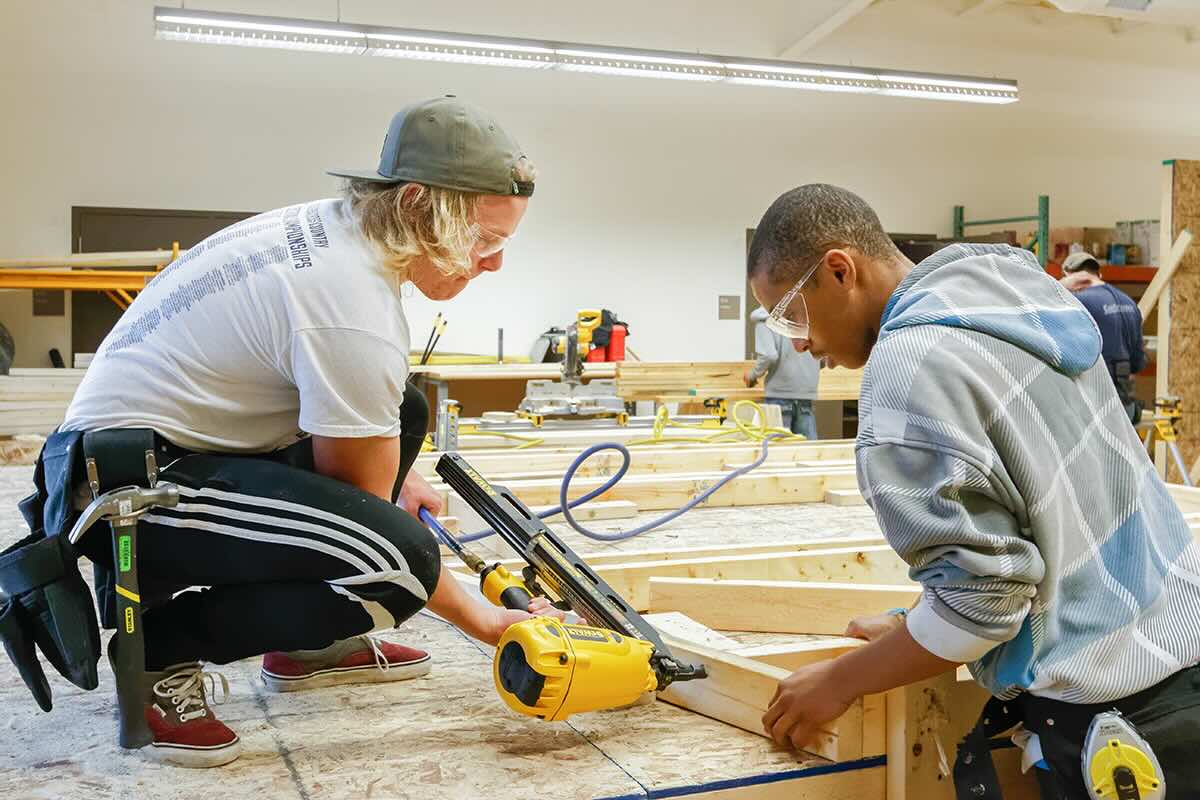
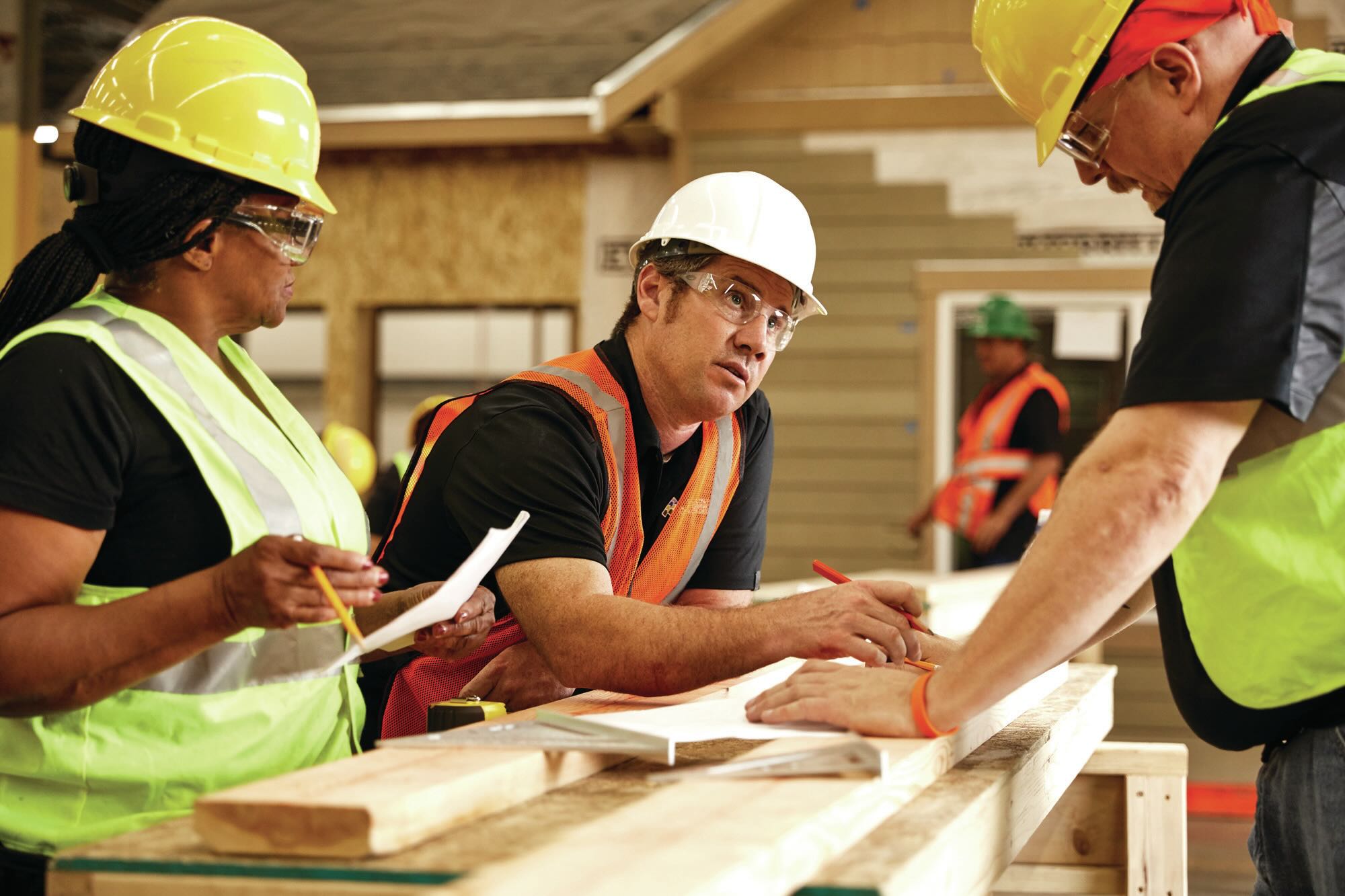
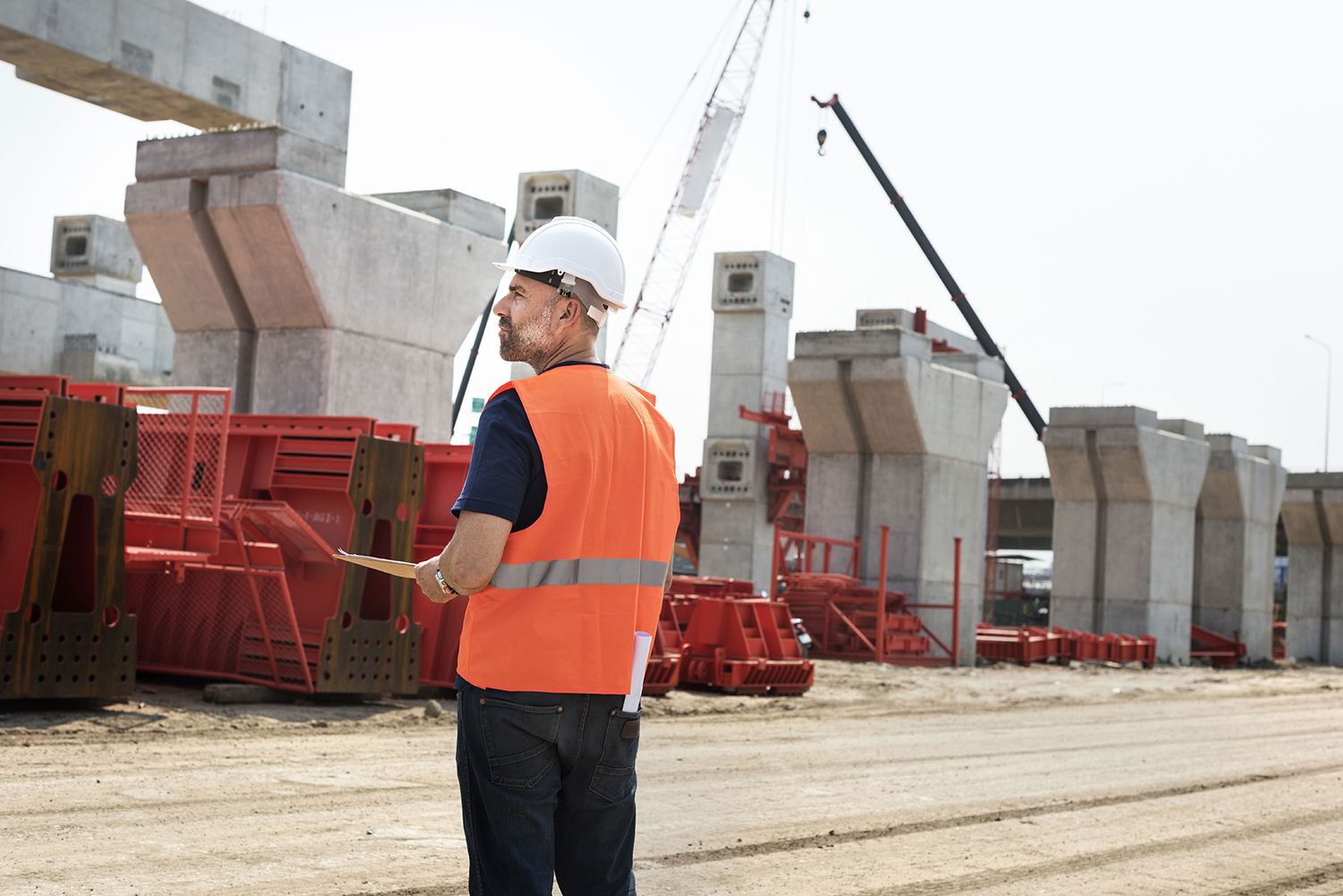



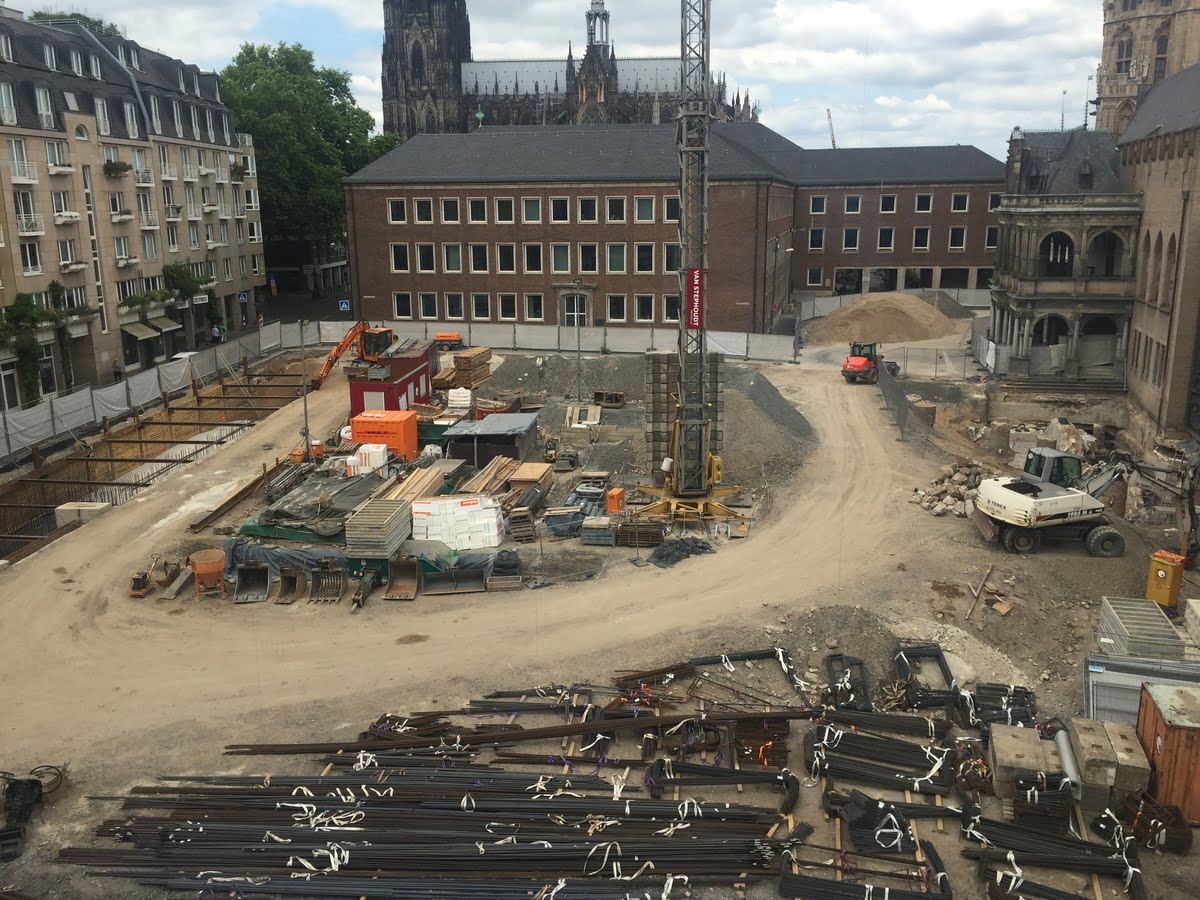
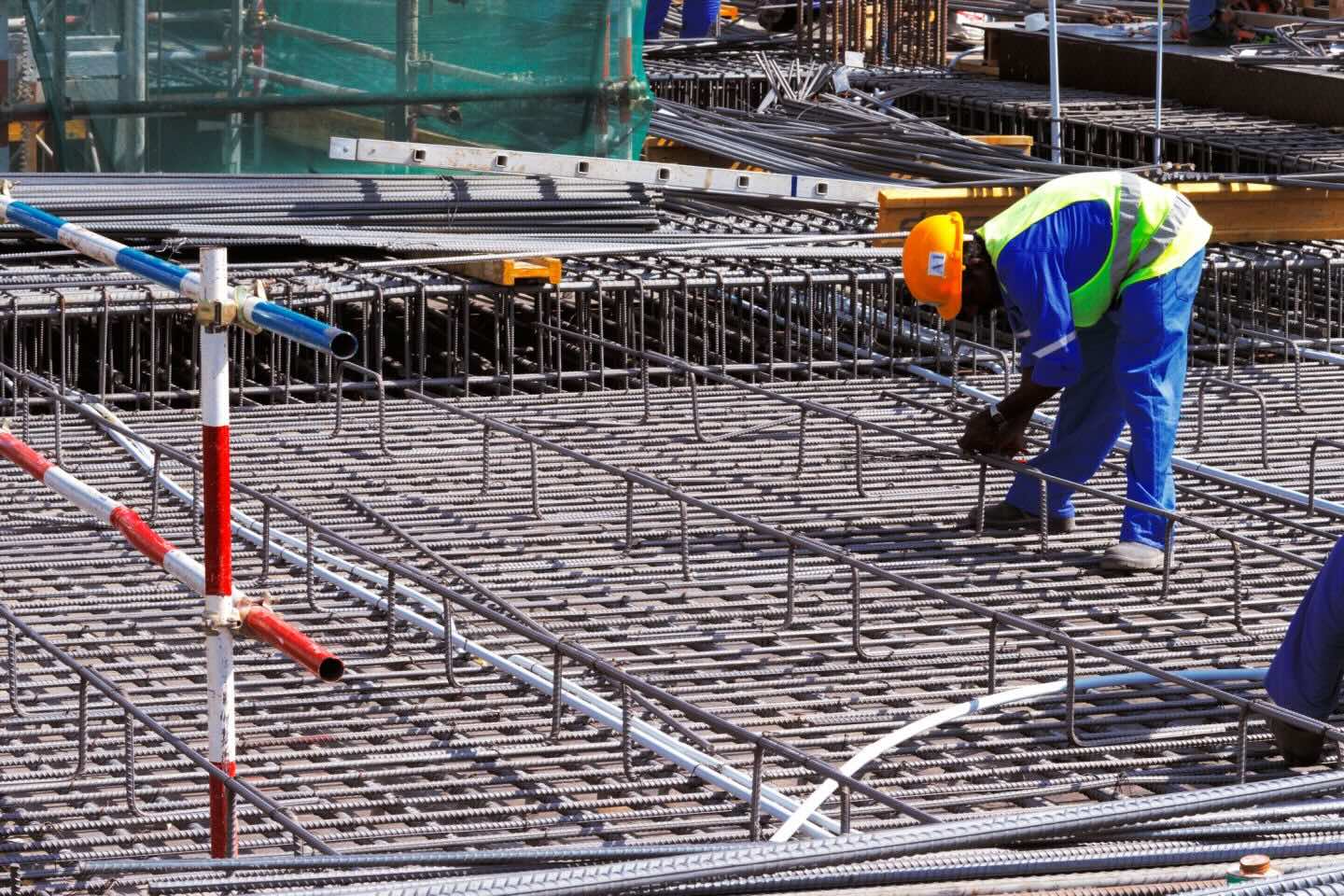
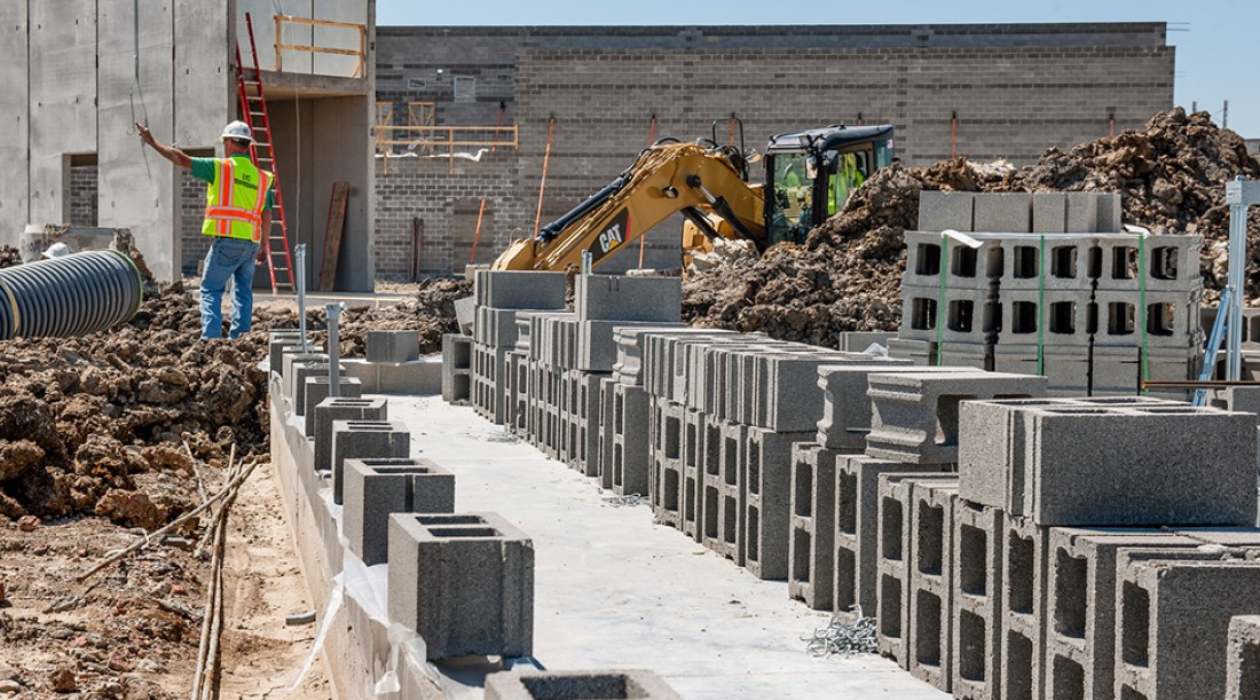

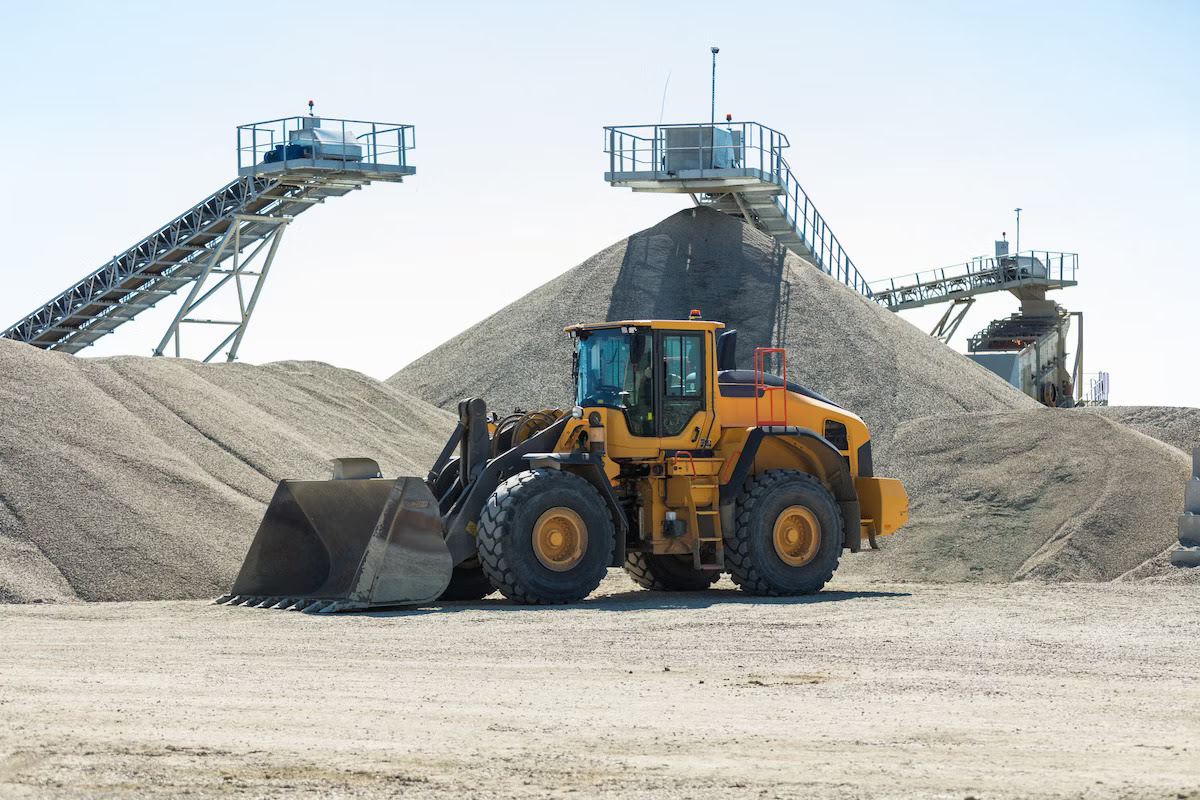
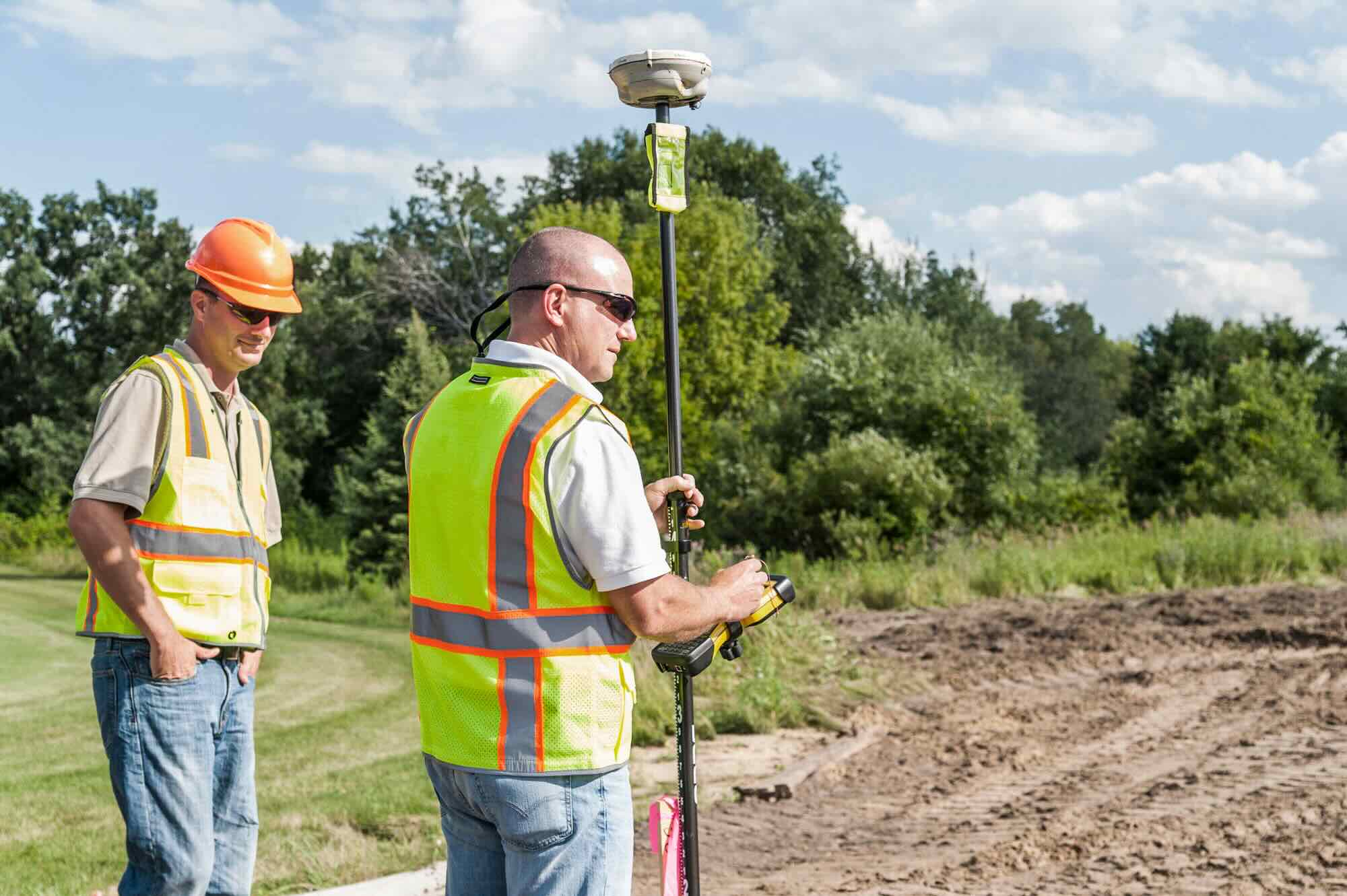


0 thoughts on “What Are The Trades In Construction”